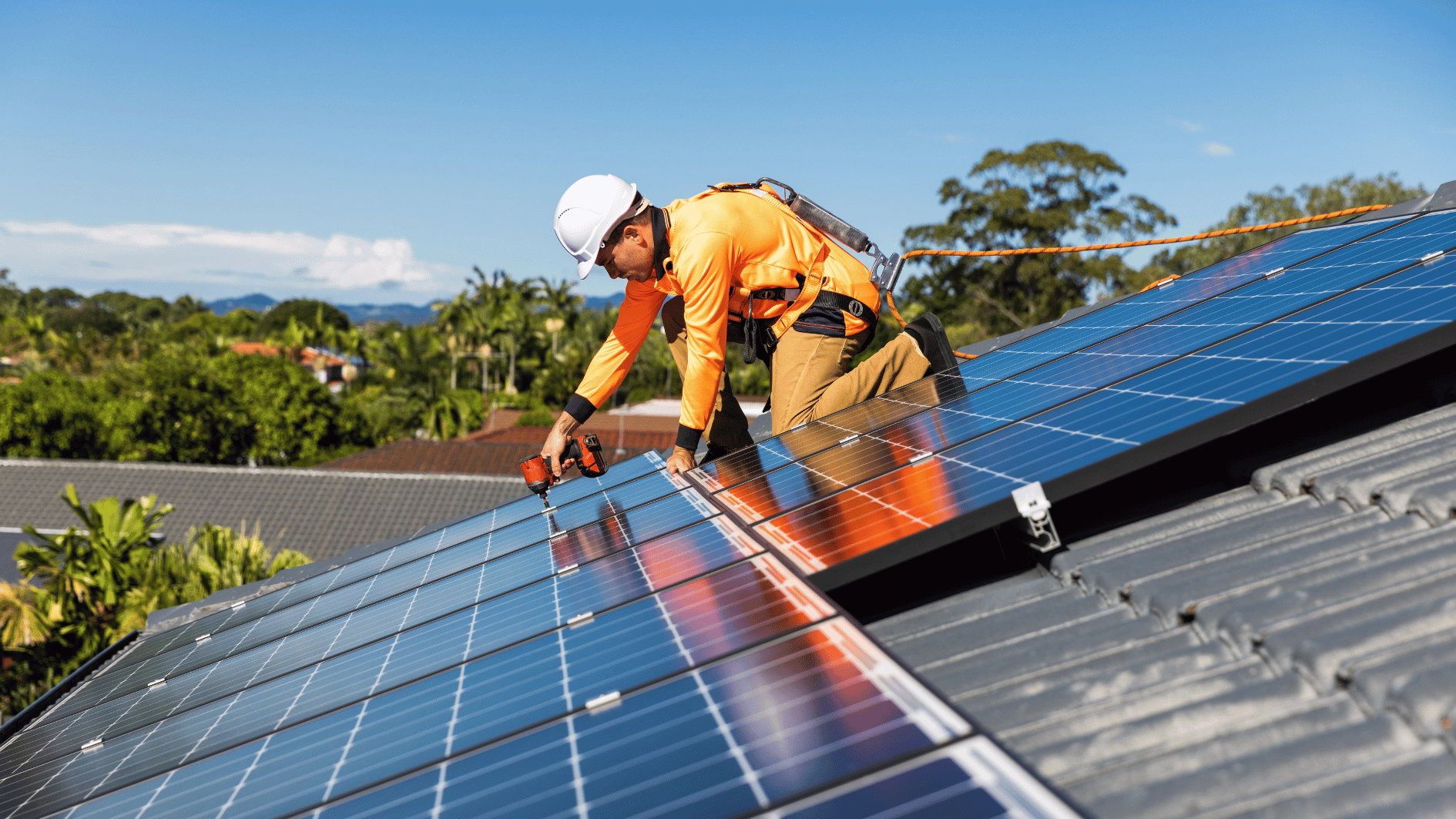Illinois legislators have introduced the Residential Automated Solar Permitting Act (SB2395/HB3265), aiming to simplify and expedite the approval process for residential rooftop solar installations and home battery storage systems. Sponsored by Senator Bill Cunningham and Representative Marcus Evans, the proposed legislation mandates that, by July 1, 2026, all municipalities with populations exceeding 5,000 residents, as well as all counties, adopt an automated solar permitting platform.
Current Challenges in Solar Permitting
The existing permitting process for residential solar installations in Illinois is often criticized for being overly complex and time-consuming. Even straightforward projects can face delays ranging from days to months, adding “soft costs” between $4,100 and $4,800 to the average solar system. These additional expenses can deter homeowners from adopting solar energy, limiting the state’s progress toward renewable energy goals.

Simplifying the Process: Permitting and Inspection Rooftop Solar
Benefits of Automated Permitting
Automated permitting platforms, such as SolarAPP+, developed by the U.S. Department of Energy, perform numerous code compliance checks in real-time, providing immediate feedback and approvals for compliant applications. This technology significantly reduces delays, allowing for faster installation timelines and reduced costs for homeowners.
Projected Impact on Solar Adoption
A report from the Brown Climate Solutions Lab indicates that implementing instant permitting statewide in Illinois could lead to an additional 292,000 to 303,000 residential solar installations by 2040, adding approximately 2.5 to 2.6 gigawatts of clean energy to the grid. This increase is more than double the capacity of a typical nuclear power plant, highlighting the substantial potential of streamlined permitting processes.
Precedents in Other States
Illinois follows in the footsteps of states like California and Maryland, which enacted similar legislation in 2022 and 2024, respectively. These states have seen positive outcomes from adopting automated permitting systems, including increased solar adoption rates and reduced administrative burdens on local governments.
The proposed Residential Automated Solar Permitting Act represents a significant step toward reducing barriers to solar energy adoption in Illinois. By simplifying the permitting process, the state aims to make renewable energy more accessible to homeowners, fostering a cleaner and more sustainable energy future.





